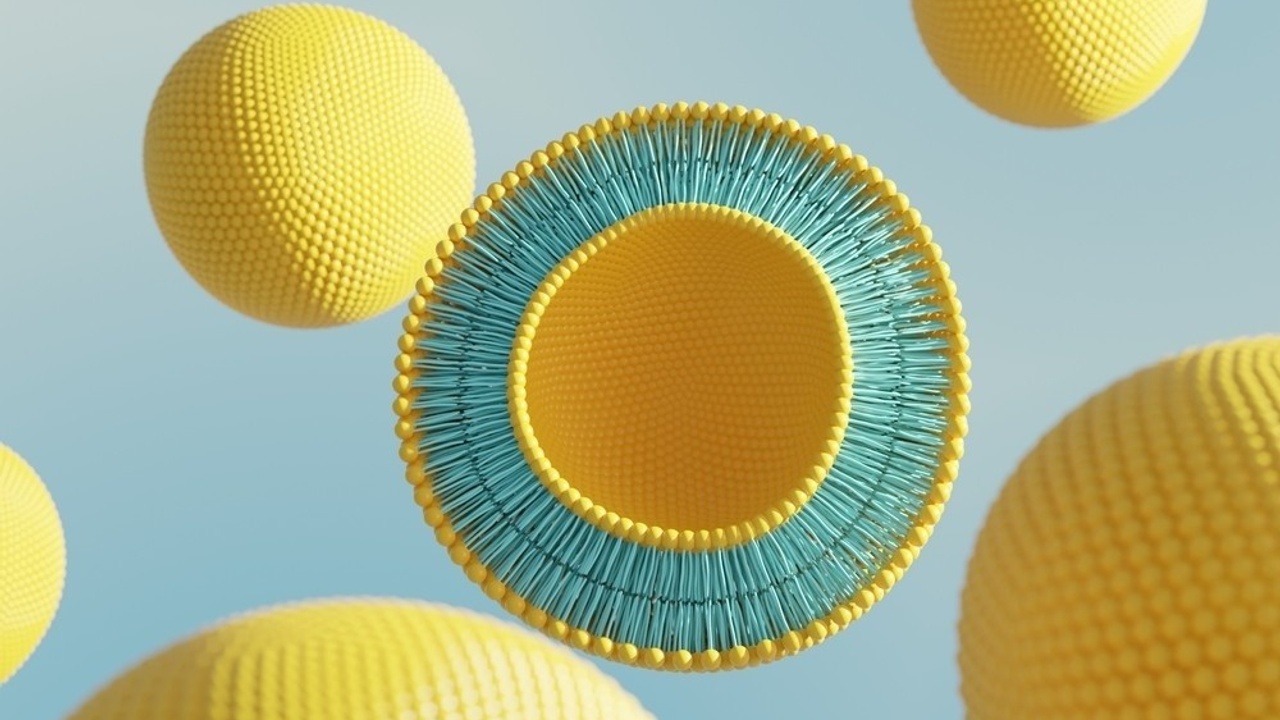Brain Fog, Fatigue and Cellular Health

Did you know the human body has over 37 trillion cells? Each of these cells has a membrane - the membrane has been nicknamed the brain of the cell as it controls a lot of what is happening for the cell. You need a healthy membrane if you want a healthy cell. And you need trillions of healthy cells to experience good health yourself.
Within the cell you have different types of organelles, you might remember some of these from high school biology, things like the mitochondria, the endoplasmic reticulum, Golgi apparatus etc. These also have cellular membranes, responsible for looking after their health.
Unfortunately for many of us, our modern lifestyles contain many substances that damage these cell membranes. Damage here not only creates accelerated aging but can be linked with a huge array of other health concerns that are commonly experienced at this stage of life such as fatigue and brain fog.
So if we want to repair and promote cellular health, we need to start by addressing the membrane. Within your membrane, you have a phospholipid bilayer. In technical terms, Phospholipids are a class of lipids whose molecule has a hydrophilic (water-loving) head containing a phosphate group attached usually by glycerol to 2 hydrophobic (water-fearing) tails derived from fatty acids. These tails typically have an omega 3 either an EPA or DHA molecule integrated as part of the phospholipid. The phosphate group can be modified with simple organic molecules such as choline, ethanol amine, or serine. These change modifiers give the phospholipids different properties, preferred locations, and roles within a cell.
Think of it the phospholipid membrane as a channel. It holds the structure of the cell, and provides storage of fuel but most importantly it provides a communication link and allows the passage of nutrients in and toxins out.
Data suggested that phospholipid reduction starts at the age of 20 so by midlife your cells might be in need of a top-up. Certain genes also play a role here. One important one to mention is PEMT. If you have a polymorphism here it means you may experience difficulty in creating phosphatidylcholine the primary phospholipid.
Phosphatidylcholine is important for cell membrane integrity and membrane function. Dr. Chris Shade refers to it as the master cell fortifier. Over 50% of our phospholipids are in this form. Although it can be found throughout the body it has an affinity for the digestive system, liver, and brain. In the digestive system, it can be found in your gut lining and improve the communication between the gut and the brain. It helps with bile production and enhances liver function. Studies have linked inadequate phosphatidylcholine with the development of non-alcoholic fatty liver disease and adding it back in with supplementation is a treatment strategy for this condition. In the brain, it optimises neurological function and neurotransmitter signaling.
Phosphatidylcholine also
- can be helpful in lowering elevated homocysteine levels (Elevated homocysteine is linked with cardiovascular disease and cognitive issues) it does this by encouraging homocysteine to be recycled into methionine.
- it can help reduce allergic responses by keeping histamine inside of the cell.
- may protect against mould toxicity, mycotoxins from mould cause illness by compromising the cell membrane, supplementing with phosphatidylcholine can protect and restore the cell membrane while helping to detoxify the mycotoxins, out of the cell.
- may reduce total and LDL cholesterol.
Other forms include of phospholipids include
Phosphatidylethanolamine - the second most abundant phospholipid, it is found in the membrane surrounding your mitochondria. It is vital for energy production. It also has an affinity for nerve cells and the myelin sheath
Phosphatidylinositol - supports brain health and function. Deficiency may play a role in insulin resistance and blood sugar issues.
Phosphatidyl Serine has an affinity for brain cell membranes and is needed for healthy brain function. It is essential for healthy memory and our ability to learn and concentrate. It also plays a role in stress management by helping to regulate levels of cortisol. One of our stress hormones. It also helps to foster a happy mood.
With all the different phospholipids and there are even more than we discussed today. It’s hard to get adequate amounts especially as we age, certain genetic snps also play a role in being deficient and women on vegetarian/vegan diets may really have to work hard to get adequate amounts as the main food sources are from animal products like chicken eggs, fish eggs, organ meats, and seafood. Luckily smaller amounts can be sourced from sunflower seeds and soy lecithin.


